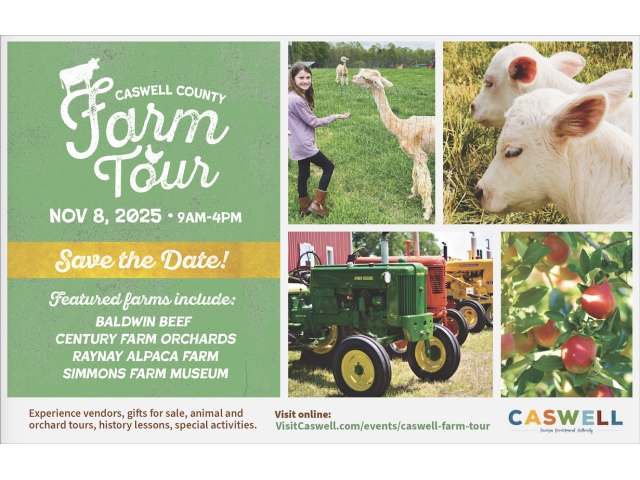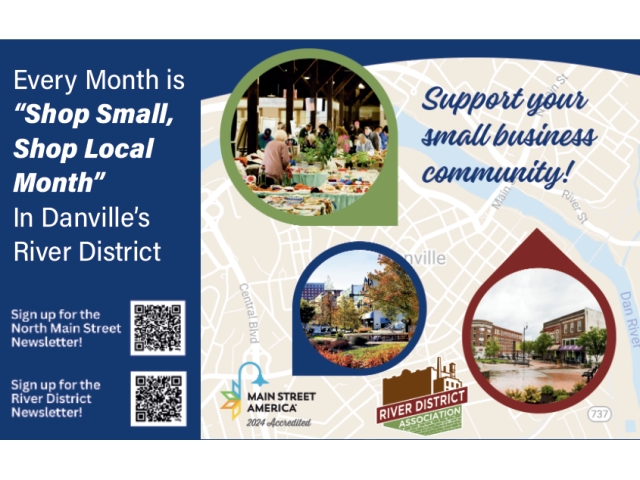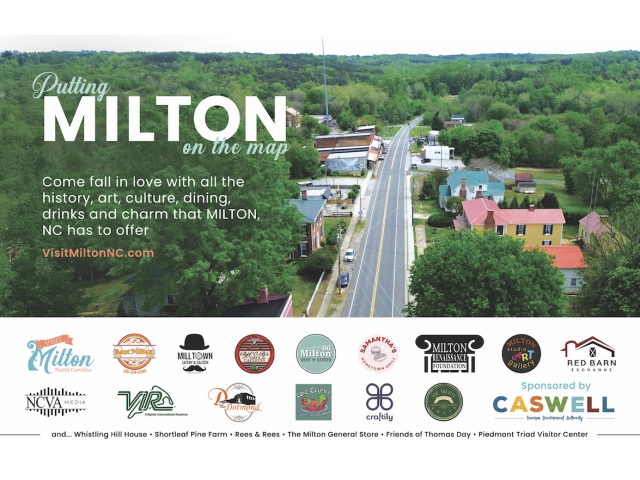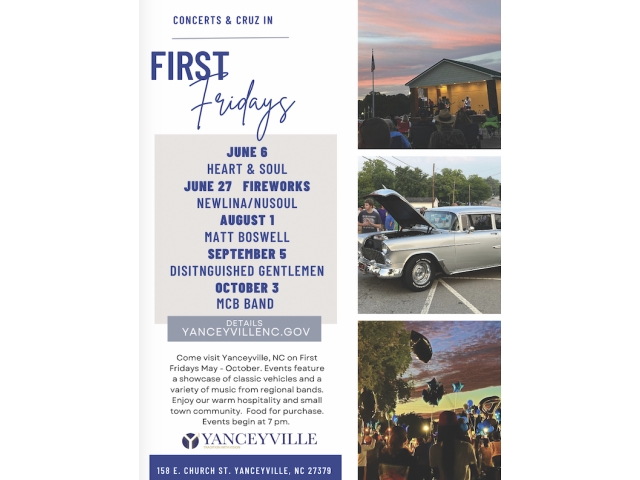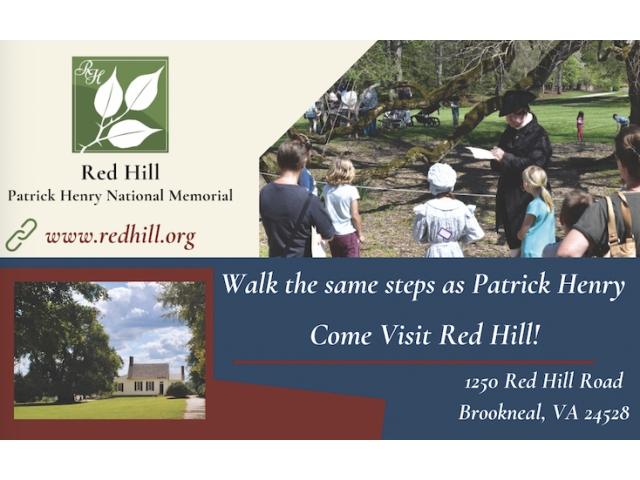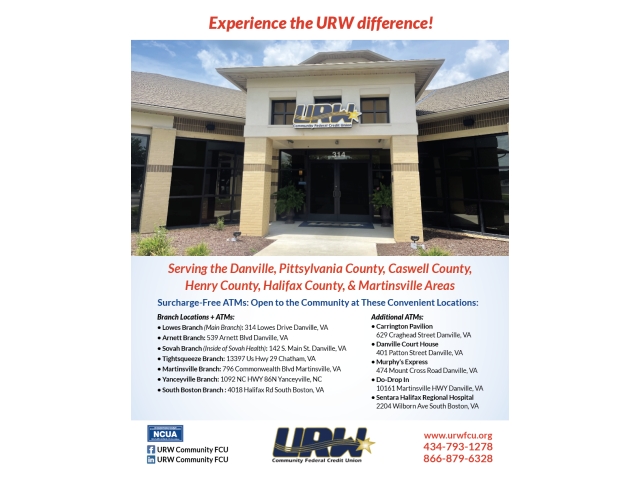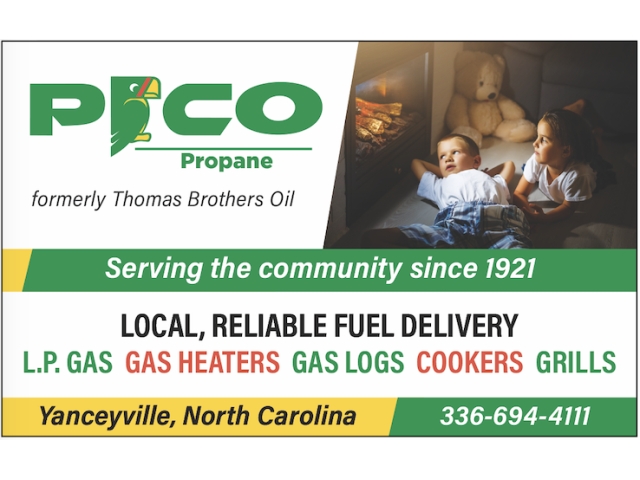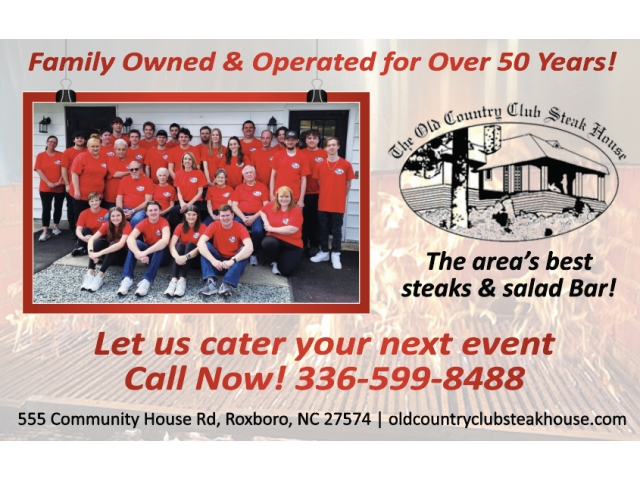
Although in town, Yanceyville Volunteer Fire Department is an all-volunteer department. By Amanda Hodges
No More Volunteer Fire Departments? What? We are on a mission to make sure people know more about the role of the volunteer fire departments in the region – in hopes that more knowledge will help in recruiting more people to be involved in this critical part of rural and country lifestyles.
Chances are if you are from the area, you know of somebody in your community who has served as a volunteer firefighter. If you don’t, you may have moved here from somewhere else and may not be familiar with how fire services in rural communities work. A story was shared about a homeowner who had recently moved here and needed help with a fire. The owner received fire assistance and then was shocked that there was not a fee; no invoice or bill that would be coming to them for the service.
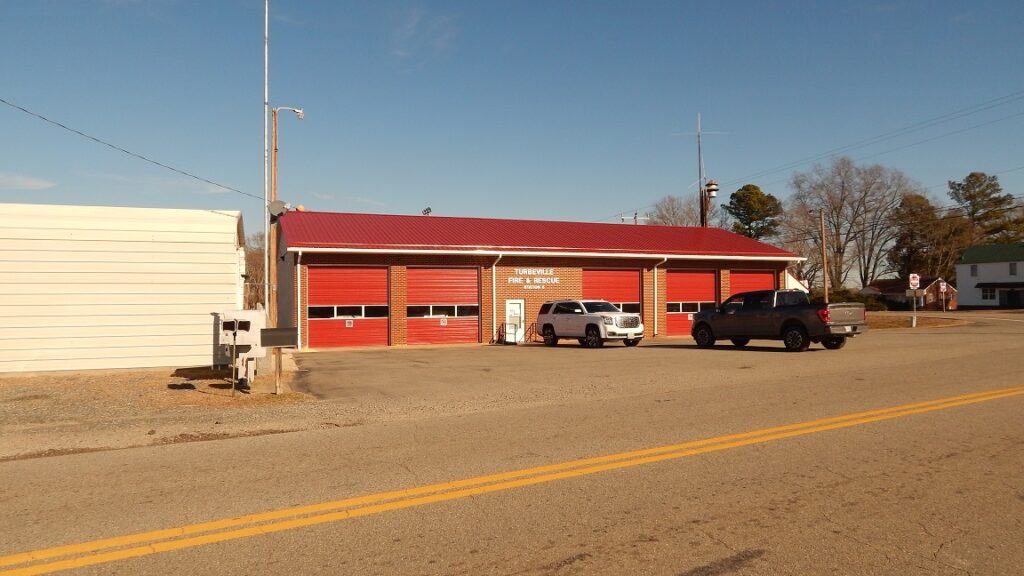
Native rural folks may think that reaction is a little comical but as the area continues to grow, not knowing will become more commonplace. Spreading the knowledge about volunteer departments, their role, and the impact they make in communities is vital. Encouraging new residents to get involved and become part of the community can be a big step in solving the challenge. Fire departments provide many services to the area, only one of which is putting out fires.
Unlike more urban areas and towns, smaller populations mean less tax revenues are collected, so there is no funding to have a paid fire department with firefighters on call the way there is in cities. Rural areas rely on the commitment and kindness of people who live there to provide the services of a fire department. And it is a big commitment. The training, the time, and the emotional strength required all contribute to reasons that more are not lined up to volunteer. That coupled with the fact that many of the residents in rural areas now are not working in the community on the farm but are commuting out of their immediate area to work means there are limited people left in the communities to provide the assistance required.
According to the Federal Emergency Management Agency, (FEMA) 72 percent of all firefighters in North Carolina are volunteers, with 90 percent of departments being all or mostly volunteers. And, volunteer numbers in North Carolina have dropped by 600 per year since 2016.
In the Commonwealth of Virginia, close to 70 percent of firefighters are volunteers, according to the Virginia Department of Fire Programs (VDFP). A national registry also shows more than two thirds of the state’s 552 departments rely on volunteers.
The departments often help one another out, with several departments assisting in an emergency. They cross township lines, county lines, and even state lines. Providing mutual aid across state lines is not unusual as most entities have agreements in place.
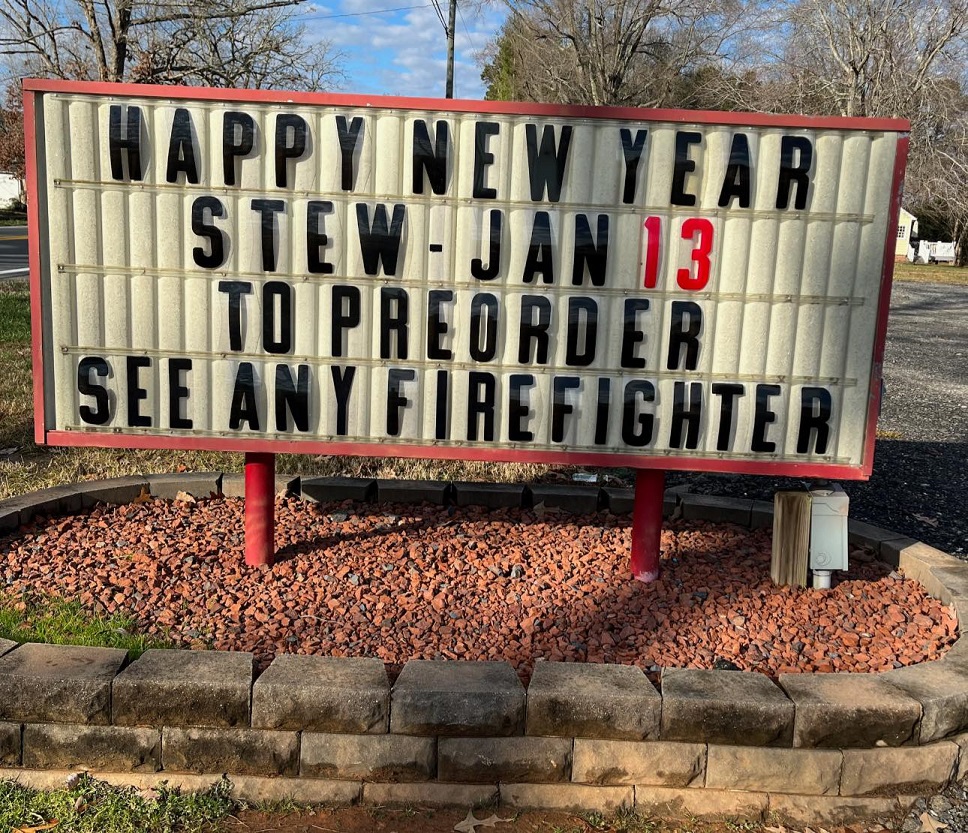
The volunteer firefighters deserve to be recognized for their service. They are part of the fabric that helps hold together countless counties across the nation. Without them, what will happen? Vehicle accidents that occur outside of towns will not have an immediate first responder; grass, house, and vehicle fires will have no immediate assistance. Farm accidents will have no immediate help. Citizens will not have a gathering place; tasty BBQ or Brunswick stews will have no one to prepare them; parades will have no more fire trucks. And what about all the other assistance provided in finding a lost child or senior, the proverbial rescuing the cat from the tree, and visits with school children to inspire them?
Join in and take the initiative to know more about the challenge our rural areas are facing. If you can, take part in helping find solutions to increase awareness and encourage recruitment of volunteer firefighters. Reaching out to new residents and area youth, as well as those in the community that may have not previously had time or interest are some of the ways to act. We invite you to encourage those who live here to serve and reap the benefits of truly being a fully engaged part of a thriving community. Contact your local volunteer fire department and see how you can help.












